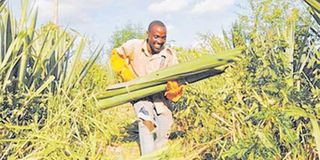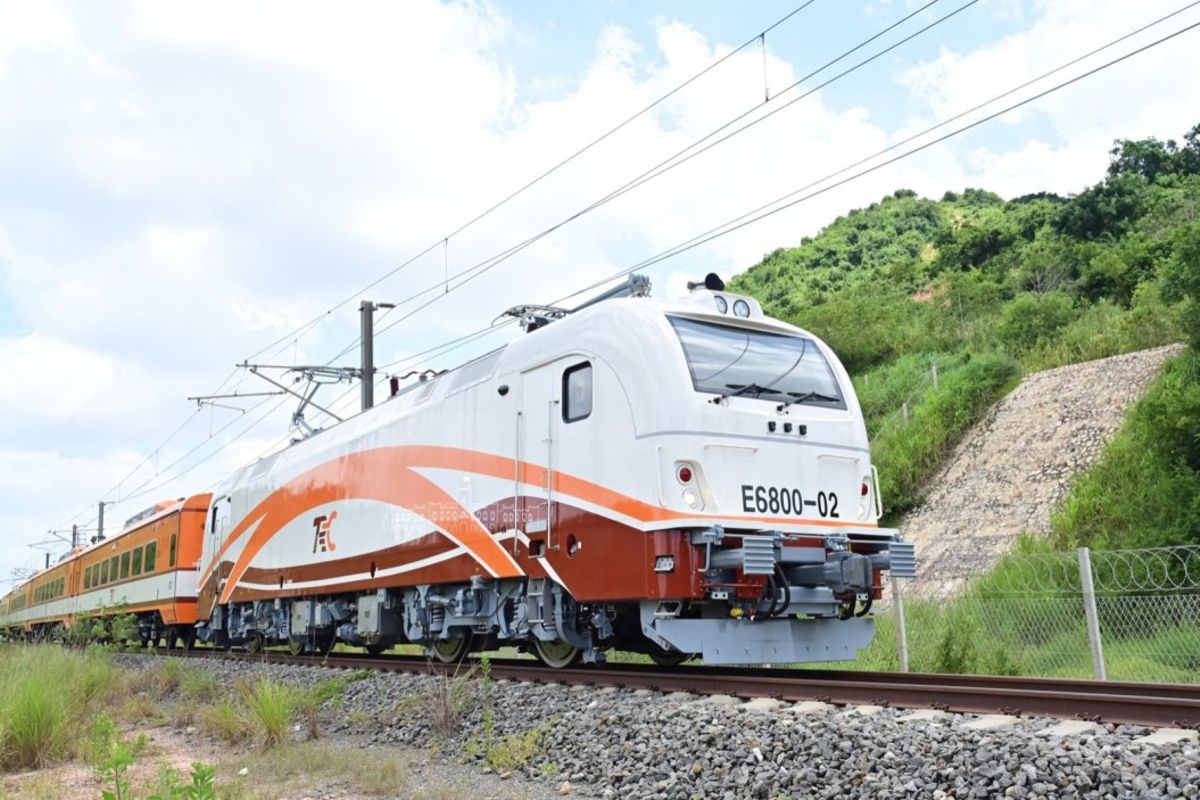Sisal prices down by 1.7 per cent

Sisal plantation workers in northern Tanzania harvesting the crop. Global prices have decreased due to low demand. PHOTO | FILE
Dar es Salaam. Sisal prices have declined by 1.7 per cent in the world market, a new report has revealed.
According to the Bank of Tanzania’s monthly economic review for March, the price for one kilo of sisal fell to $1.72 during the year that ended in February 2019 from $1.75 during the previous corresponding period.
The decline started in April 2018, and was attributed to a fall in global demand for the crop.
According to the Tanzania Sisal Board, production of the cash crop also declined by 38 per cent in the final quarter of 2018 to 7,042.2 tonnes compared to 11,364.7 tonnes in the fourth quarter of 2017.
“Decline in procurement was due to waning demand in the Middle East following civil unrest, and cessation of production contracts between estates and out growers,” the report says.
Consequently, sisal prices also declined by 2.86 per cent in February to $1.70 per kilo from $1.75 in January.
Two years prior to 2016, sisal prices were increasing at an average rate of 15 per cent annually as demand rose.
Tanzania is the second largest sisal producer in the world behind Brazil, while Kenya is the third.
Brazil produces an average of 120,000 tonnes annually, with Tanzania and Kenya producing 35,000 tonnes and 25,000 tonnes, respectively.
Earnings from sisal fibre exports totalled $30.67 million after 19,140 tonnes were exported in 2018.




